Protect the health and safety of workers and your food processing equipment from indoor and outdoor sources of air contamination with tailored solutions for food processing.
At Camfil, we take food safety compliance and human health seriously. Backed by high standards of research, development and quality assurance, our pioneering air filters and cleanroom solutions for the food industry can help you comply with increasingly tough food hygiene and safety regulations.
Our ProSafe range of filters offer food manufacturers peace of mind. They meet the strictest regulations in the food industry. Plus, they give you high energy efficiency and a lower total cost of ownership.
We work with you to understand your complete air filtration needs and advise you on regulatory requirements for air quality.
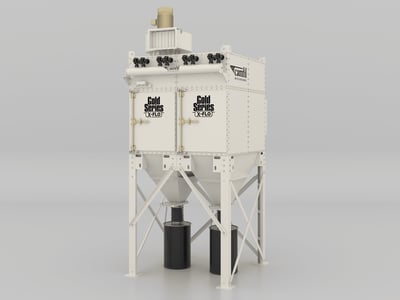
Dust collectors safely handle exhaust air from food processing and packaging applications, therefore improving the IAQ, preventing cross-contamination and reducing the nuisance dust in the workplace.
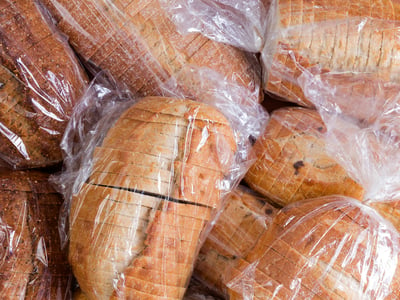
Low-care areas include areas where production and product handling do not occur. Camfil recommends products that adhere to EN 16798 to best protect the health of your building occupants. For office spaces, dispatch areas.
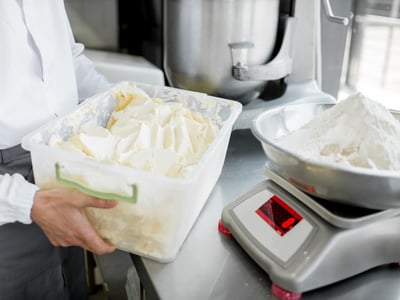
In high-care areas, you need to protect equipment or minimise contamination before products enter a high-hygiene area. Here, you need high airflow and positive pressure environments. For ready-to-eat production, access corridors.
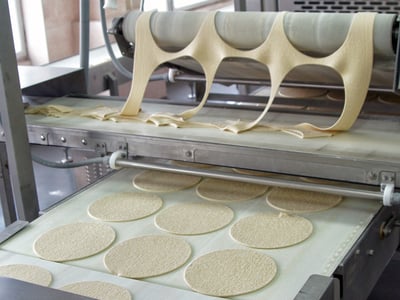
In high-hygiene areas, products requiring the highest hygiene levels undergo final processing and packaging. Here, you need the highest air quality to effectively eliminate all contamination hazards during production, cooking and packaging.
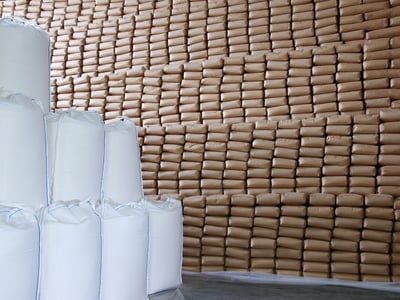
Medium-care areas, where raw material is stored, need to be kept clean to protect against product contamination. These areas include changing/gowning areas, packaging, warehousing, and plant entrances.
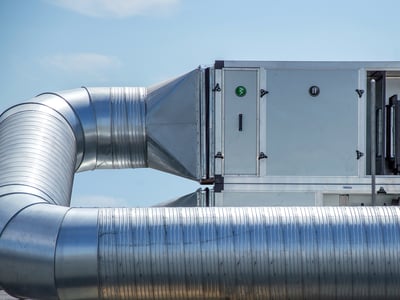
High air quality is crucial for product quality and safety in food and beverage production. The hygiene zones where the AHU operates should determine which AHU products you choose.

CamCarb XG Engineered for energy and maintenance cost savings in molecular contamination control applications
Food and beverage Electronics and optics Commercial and public buildings
Did you know Camfil have a full range of retrofit filters that can be utilised in all the most common brands on the market. Camfil filters are not just designed to work but to optimise your dust extraction systems performance
Food and beverage Life science and healthcare Manufacturing and machinery Energy and Power SystemsIn the realm of controlled environments, where precision, purity, and protection are paramount, High-Efficiency Particulate Air (HEPA) filters emerge as unsung heroes
Often the initial purchase price for air filters or dust collectors is just the tip of the iceberg. The true costs for energy, maintenance and disposal are lurking below the surface. To make the most economic decision in the long-run, a detailed calculation considering all the factors will help to reduce your overall expenditure.
This case study highlights the safe handling of combustible food dust with ATEX regulation compliance and increased savings.
Processes in manufacturing facilities often generate dust and fumes which for example can pose health risks for your operators or compromise the quality and safety of your products. Determining the right capture and filtration solution helps to protect against the main risks of uncontrolled emissions and thus to create safe work environments.
Dust collection systems are an important part of any manufacturing process, so they need to be sized and designed properly. One critical design component is specifying the proper filtration media, which requires analysis of the dust in the process and all operating conditions.
Food odours are often a problem for commercial kitchens and industrial food producers when they are located near residential dwellings. Learn how these odours can be controlled using molecular filtration
Handling dust produced due to sugar can be challenging as it is explosive, sticky and abrasive. In this facility, the customer produces soft gummy sweet sugar coated candy and required an efficient and reliable dust extraction solution for a new packaging line.
Dust collectors are necessary safety systems in many manufacturing and processing plants, thus as in the food processing industry. But if they are not designed, installed and maintained properly, these systems themselves can cause serious problems. In this eBook we highlight 10 ways how to make sure your dust collection system is up to the tasks of keeping workers safe, maximising production uptime and meeting regulatory compliance.
A properly designed and installed dust collection system will effectively catch, convey and separate hazardous and nuisance dusts. Our new ePoster pinpoints key areas to watch and signs to look for that will help you avoid problems with your dust collection system and to keep up process availability in your production facility.
Almost all industrial manufacturing, processing or packaging applications generate dust as a side effect. Many of these dusts are both combustible as well as explosive, and removing them from the work place can significantly reduce the risk of serious accidents. It is estimated that there are approximately 2,000 dust explosions in Europe annually. Most of these are minor but some are very destructive. So by extracting the dust, the risk in the production is reduced, but unless the extraction system is safe the risk is just moved.
Dust collection systems are all safety devices and thus state-of-the art modern methods of validation and certification are required. Furthermore it is vital to ensure that the system is still in compliance after perhaps changed process conditions, to provide maximum safety for personnel and the facility. It is also recommended to carry out quality audits, process reliability surveys and annual safety inspections.
In the meat processing industry, there is a big focus on ventilation technology for the prevention of the virus outbreak. Due to a lack of standards in the industry around ventilation, there is very little guidance around what should be considered as the clean air requirements for the facility.
Why high efficiency air filtration is important for food safety
Air is a vital ingredient in food and beverage production. Protecting your production process and final product has never been easier
Air quality in meat processing facilities is often the forgotten ingredient within their facility. Did you know that Meat processing factories are susceptible to the spread of airborne viruses and microbes? The temperature and humidity requirements along with the production processes lend to the survival of airborne microbes and viruses. This means that the airborne viruses can survive longer in the air than in other facilities.
The new Absolute V HEPA range of air filters is all about making your life simpler, safer and more eco friendly. This is achieved by offering you filters that are extremely light-weight, robust and easy to handle. Filters that provide world-leading protection for your operations.
Some processes are more sensitive than others. If you work in the food and beverage or life science industries, you know how tough the demands on clean air are. To be sure you have the right filter, look for the ProSafe symbol.
Case Study: Filter Savings At Frozen Food Manufacturer. Three air handling units supplied air to critical processing areas in one of the USA's largest frozen food manufacturing facilities. The pre and final filter combination saved the plant over $33,000 per year.
GSX collectors are ideal for use in pharma, mining, food and chemical processing industries. They also provide a safer work environment in metalworking applications like welding and cutting.